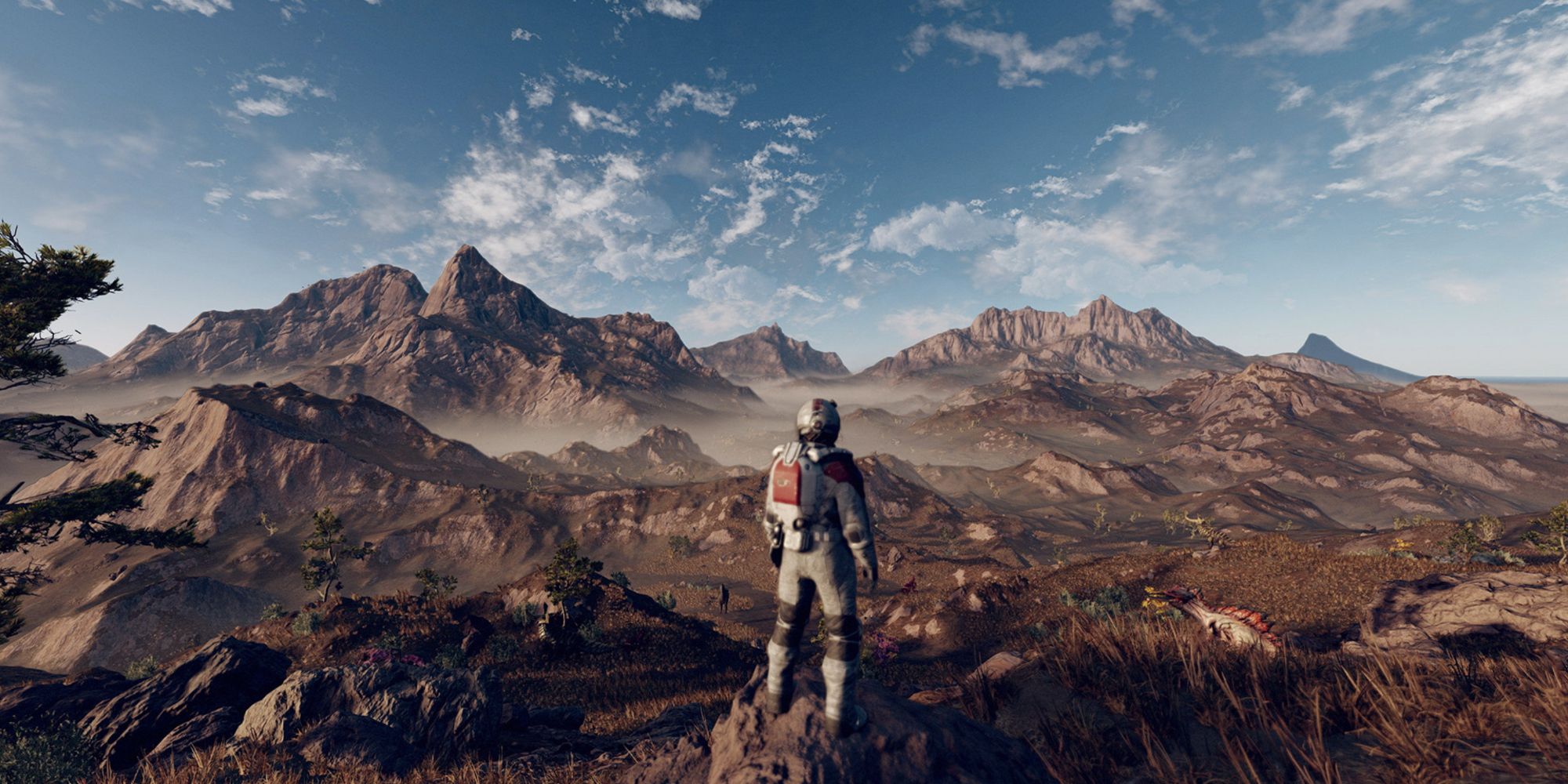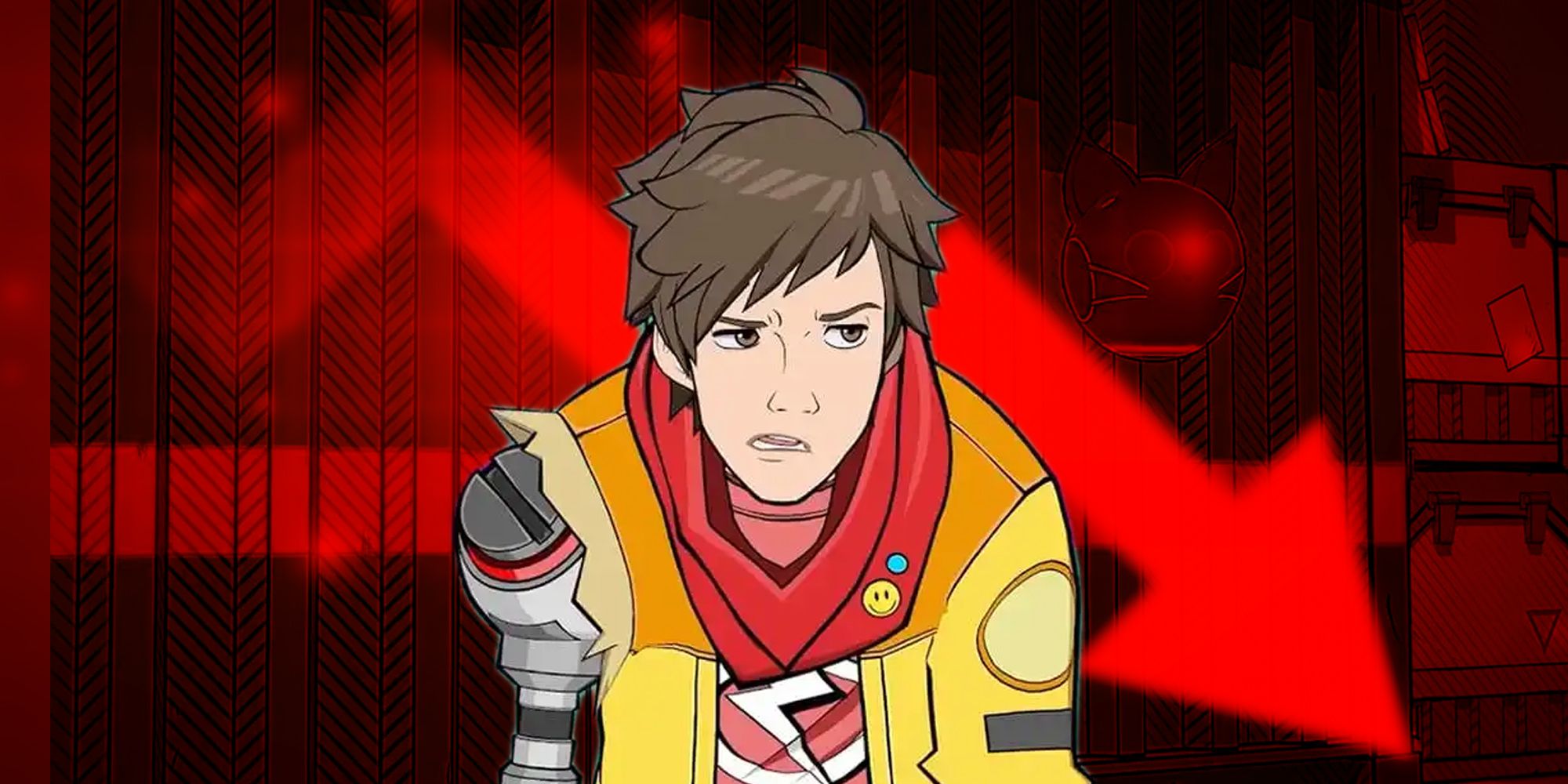Tango Gameworks’ Hi-Fi Rush apparently didn’t meet Microsoft’s sales expectations. I’m not surprised, and also unsure what it expected shadow-dropping this onto a subscription service where players can access it for free on all platforms. Actual sales of the game by traditional means were always going to be lacking, and failing to consider that feels like an oversight. Hi-Fi Rush didn’t fail Microsoft. If anything, Microsoft failed Hi-Fi Rush. The company has since come out and said otherwise regarding previous reports, but that denial still leaves me with a lot of lingering questions.Hi-Fi Rush is an excellent game, and one of the year’s best. It’s charming, inventive, and an experience we would never expect from Xbox. It has personality for one, and eager to shake up the landscape of major exclusives defined by shooters and driving simulators. It will soon be joined by heavier hitters, but for a title like this to arrive with zero expectations is what the console desperately needed. Unfortunately, it was packaged in a way that would seemed to spell its demise. We all hopped on Xbox Game Pass, fell in love with it, and then called it a day.How else was this going to turn out though? The majority of players - whether they adored Hi-Fi Rush or not - were going to fill their boots through the subscription service over the premium alternative. I picked up the downloadable cosmetics because I had that much fun, but this is a game that was released, marketed, and possibly even developed with Game Pass’ ecosystem in mind, so what expectations are there to meet anymore? We discovered this game exists and were able to play it within minutes, although the economic impact you’d otherwise gain from a launch like this is negated the second Game Pass gets involved. After years of the service existing within the mainstream, you’d assume that development budgets and the expectations associated with launches of games big and small would be altered to accommodate the changing tide. Xbox Game Pass redefines how we consume and appreciate the games we play, altering their surface value by removing the investment required of us to enjoy them in the first place. Hi-Fi retails for £34.99, but most players paid nothing but a subscription fee that supports it and a thousand other games, and likely never will. It probably wouldn’t have sold millions as a standalone anyway, but for Microsoft to allegedly deem it a failure like this just sucks.It was never going to go any other way, not to mention that Hi-Fi Rush was launching into a sea of unknown variables that you could only predict after players have had a chance to see it for themselves. Little marketing in exchange for what I assume was massive returns, which feels inherently unreasonable when you consider its genre as a rhythm action game. To label it as a failure bums me out, but more importantly it points to how projects of a similar scale could be funded and received moving forward. Is everything that doesn’t manage to rock our socks off get labelled a failure regardless of the status it commands? And how exactly are said metrics even measured when their launching onto a service that detracts all of their value anyway? Hi-Fi Rush blew us away and still failed - what hope do the other games have?
After years of the service existing within the mainstream, you’d assume that development budgets and the expectations associated with launches of games big and small would be altered to accommodate the changing tide. Xbox Game Pass redefines how we consume and appreciate the games we play, altering their surface value by removing the investment required of us to enjoy them in the first place. Hi-Fi retails for £34.99, but most players paid nothing but a subscription fee that supports it and a thousand other games, and likely never will. It probably wouldn’t have sold millions as a standalone anyway, but for Microsoft to allegedly deem it a failure like this just sucks.It was never going to go any other way, not to mention that Hi-Fi Rush was launching into a sea of unknown variables that you could only predict after players have had a chance to see it for themselves. Little marketing in exchange for what I assume was massive returns, which feels inherently unreasonable when you consider its genre as a rhythm action game. To label it as a failure bums me out, but more importantly it points to how projects of a similar scale could be funded and received moving forward. Is everything that doesn’t manage to rock our socks off get labelled a failure regardless of the status it commands? And how exactly are said metrics even measured when their launching onto a service that detracts all of their value anyway? Hi-Fi Rush blew us away and still failed - what hope do the other games have? Starfield and Redfall will have the same struggle, and I assume cost far more to make than Hi-Fi Rush did. All you need is an Xbox Game Pass subscription to play them to your heart’s content, with only a sliver of potential profits sliding into Microsoft’s pockets. Yet this state of affairs is self-perpetuating, and I’m not sure if things can ever be corrected without significant backlash. We are going to keep having this conversation again and again until a major change occurs, and if it doesn’t, smaller and more experimental gems like Hi-Fi Rush just won’t seem worth the risk anymore. As great as it is, maybe Game Pass is the problem.This breaking point of value was always coming for Xbox Game Pass, and how the harsh reality of game development would bite Microsoft’s initial generosity in the butt as its initial pitch inevitably becomes unsustainable. Games are more expensive today than they have ever been, both to make and to buy, and when you’re operating a service that more or less gives them away for free, you are better served putting all of your eggs in a single basket. But sometimes those eggs break, or the basket’s weaving gives way and everything falls to pieces, regardless of what the intention happened to be. Halo Infinite is just one high profile example of it not working.
Starfield and Redfall will have the same struggle, and I assume cost far more to make than Hi-Fi Rush did. All you need is an Xbox Game Pass subscription to play them to your heart’s content, with only a sliver of potential profits sliding into Microsoft’s pockets. Yet this state of affairs is self-perpetuating, and I’m not sure if things can ever be corrected without significant backlash. We are going to keep having this conversation again and again until a major change occurs, and if it doesn’t, smaller and more experimental gems like Hi-Fi Rush just won’t seem worth the risk anymore. As great as it is, maybe Game Pass is the problem.This breaking point of value was always coming for Xbox Game Pass, and how the harsh reality of game development would bite Microsoft’s initial generosity in the butt as its initial pitch inevitably becomes unsustainable. Games are more expensive today than they have ever been, both to make and to buy, and when you’re operating a service that more or less gives them away for free, you are better served putting all of your eggs in a single basket. But sometimes those eggs break, or the basket’s weaving gives way and everything falls to pieces, regardless of what the intention happened to be. Halo Infinite is just one high profile example of it not working.
Microsoft first introduced Xbox Game Pass as a means to get ahead of the competition as our future shifted into services over premium products. But with a lack of games to show for it right now, and the ones it does just not cutting the mustard, it’s hard to tell where all the pieces will end up falling. A gaming world where gems like Hi-Fi Rush are viewed as economic inconveniences to be cast aside as needless risks isn’t one I have much interest in, so I’ll be keeping my fingers crossed for a harsh but necessary shift in the status quo.

